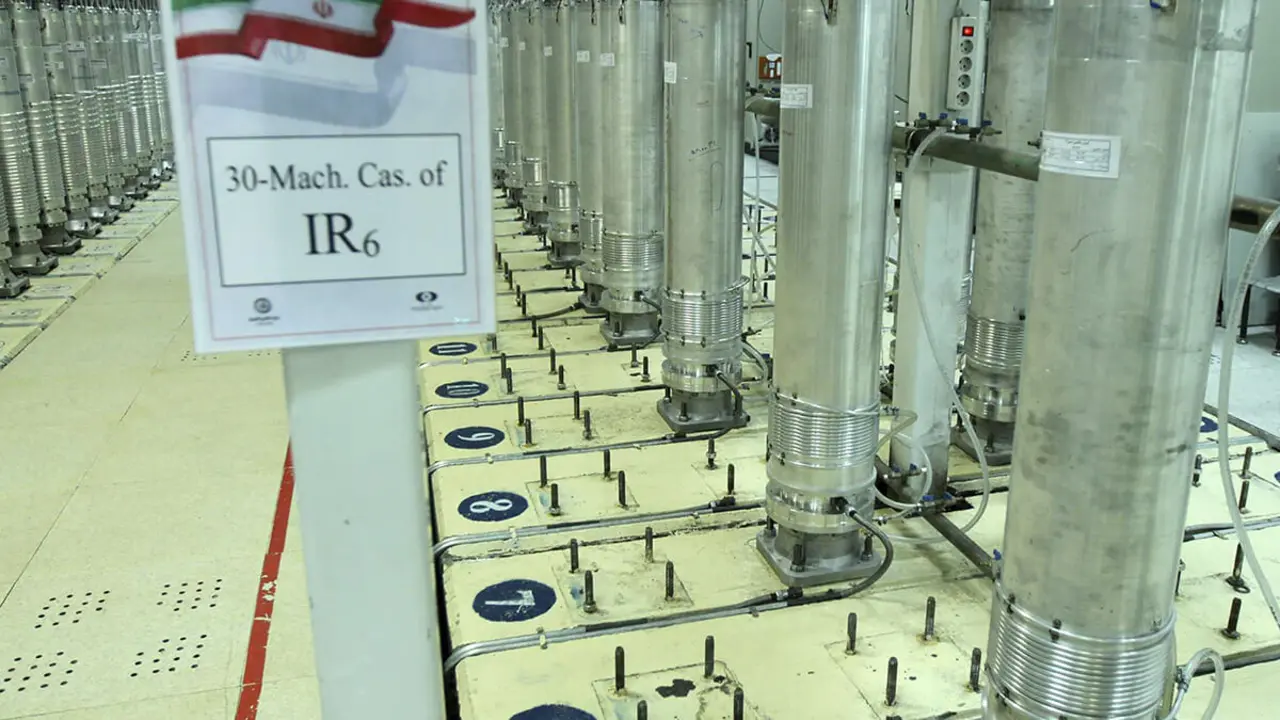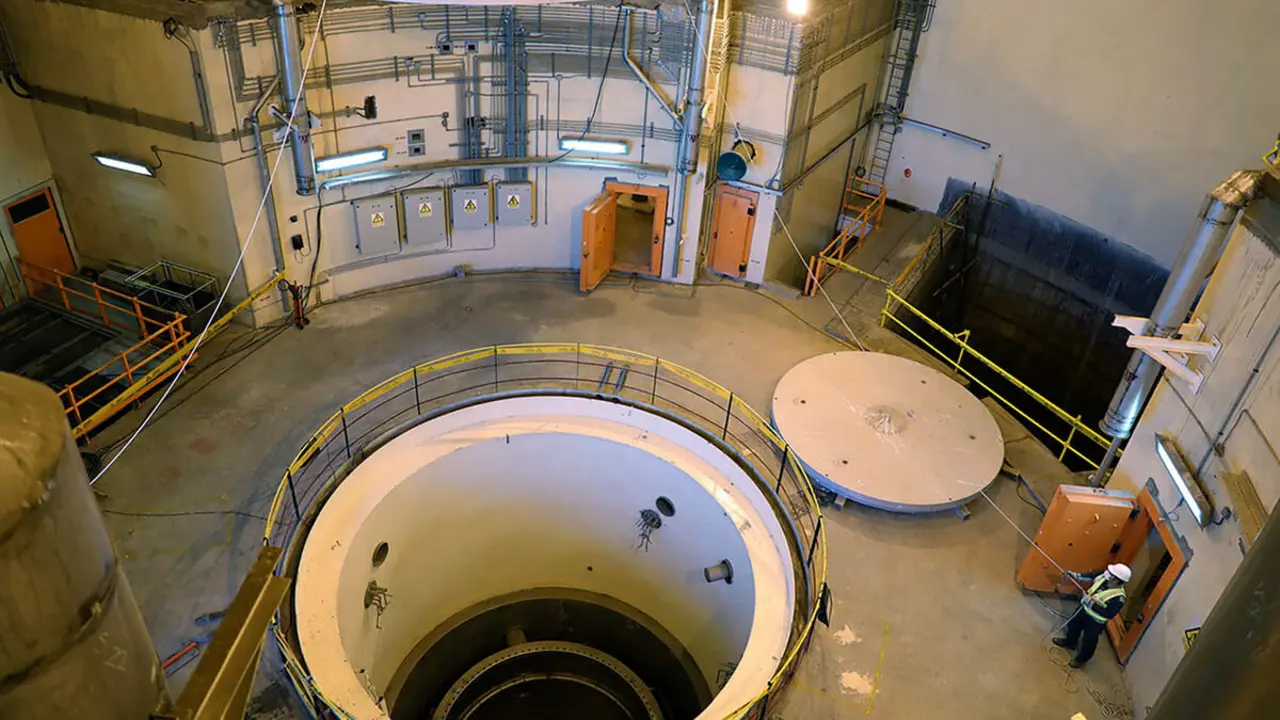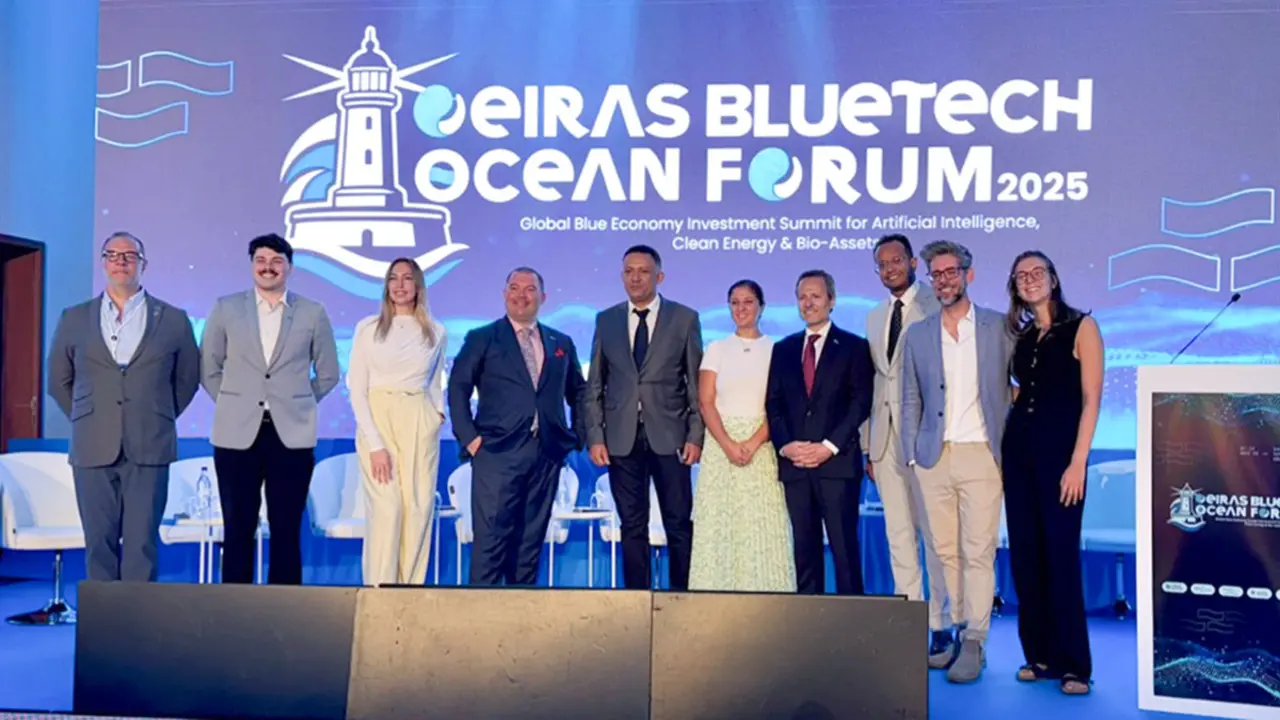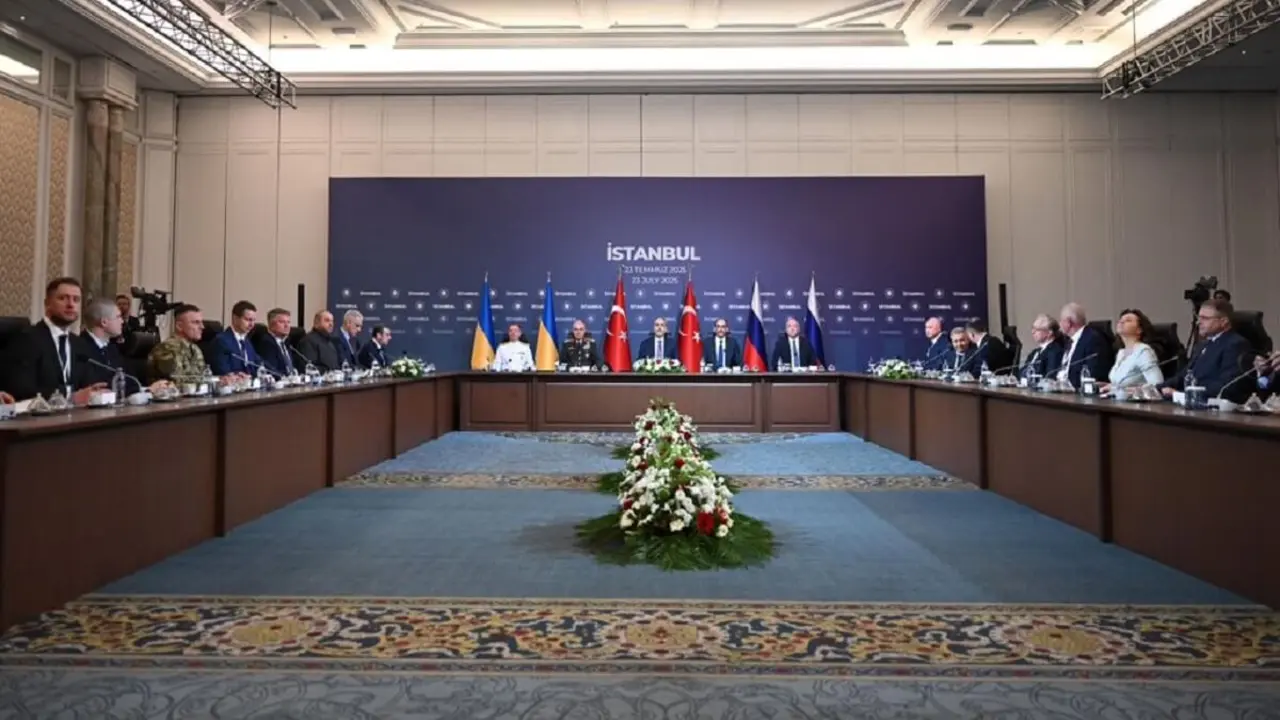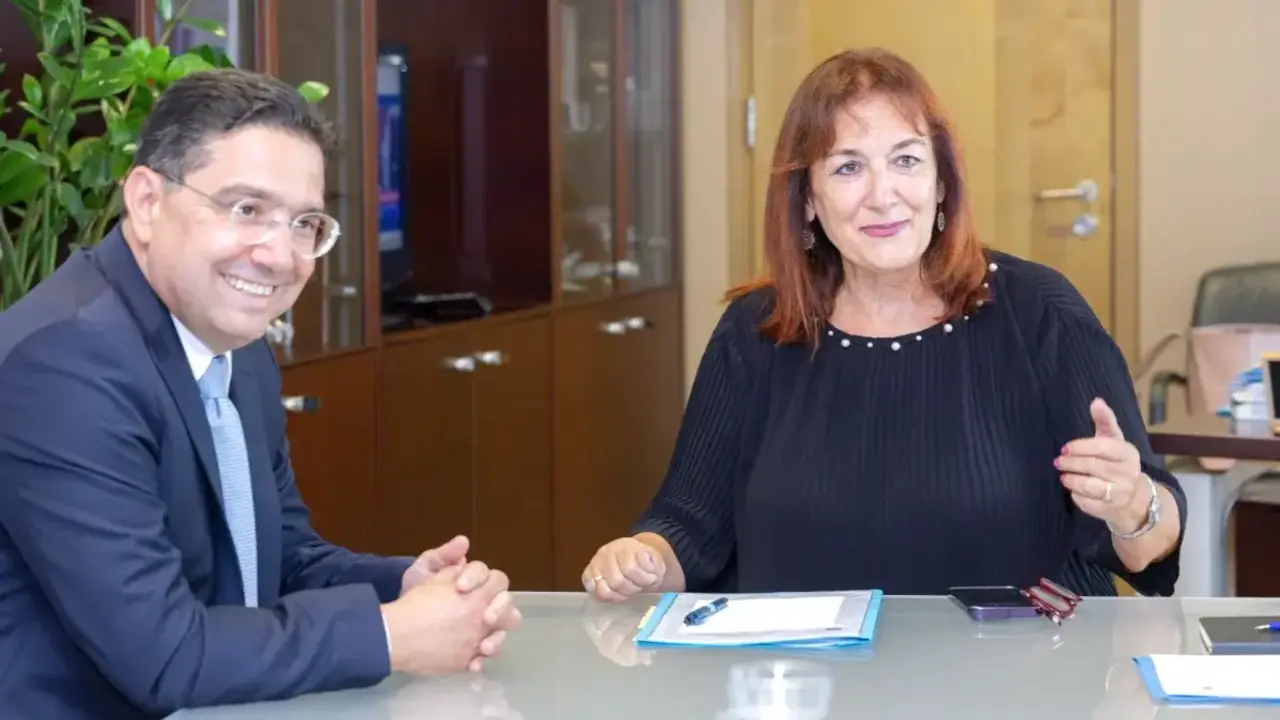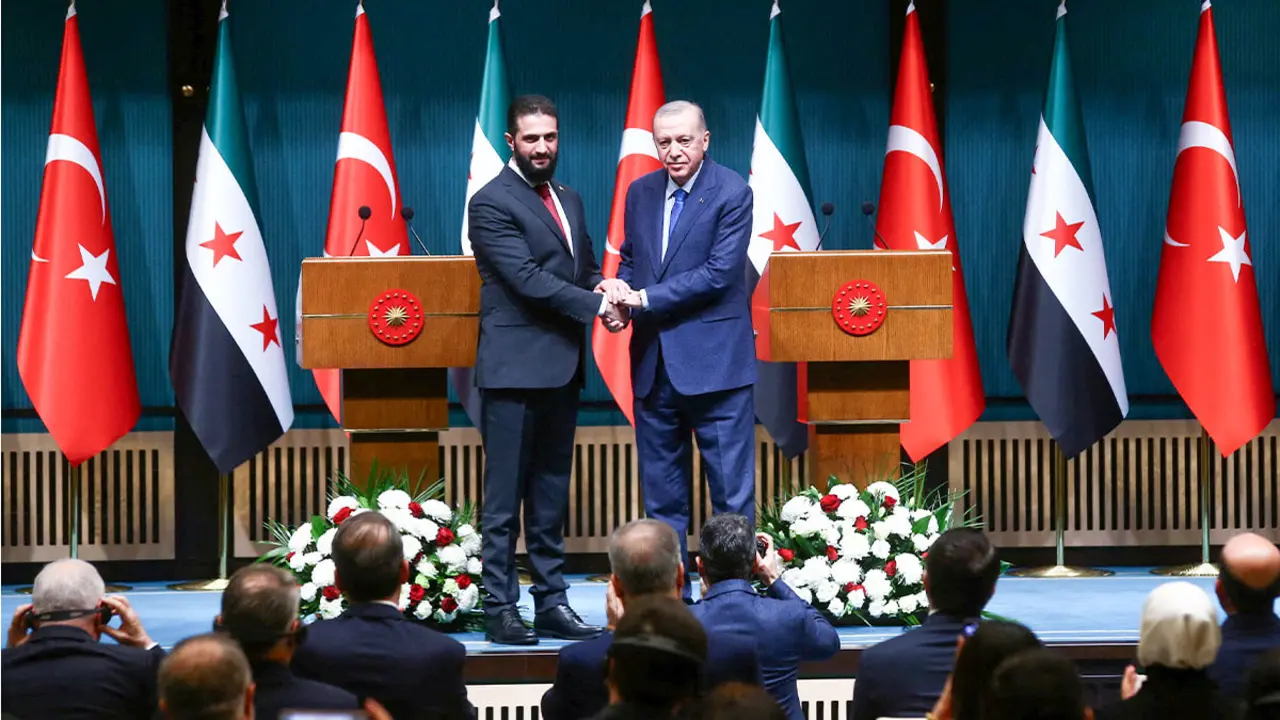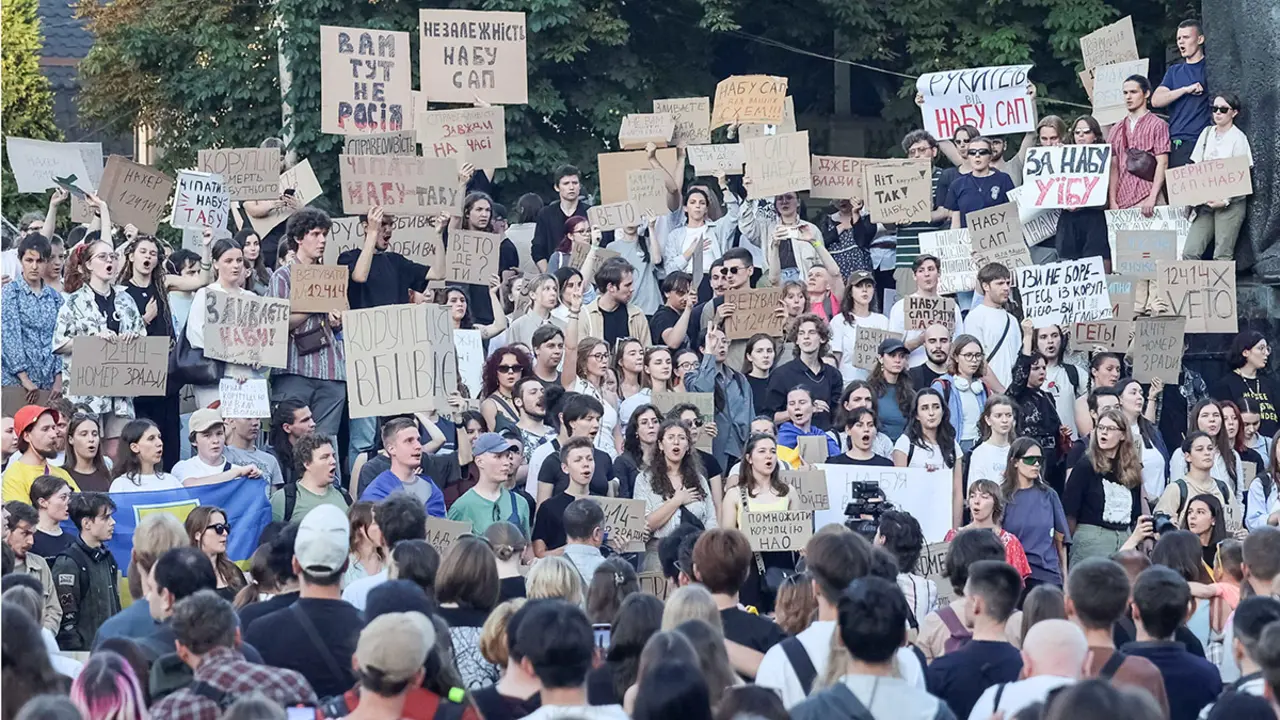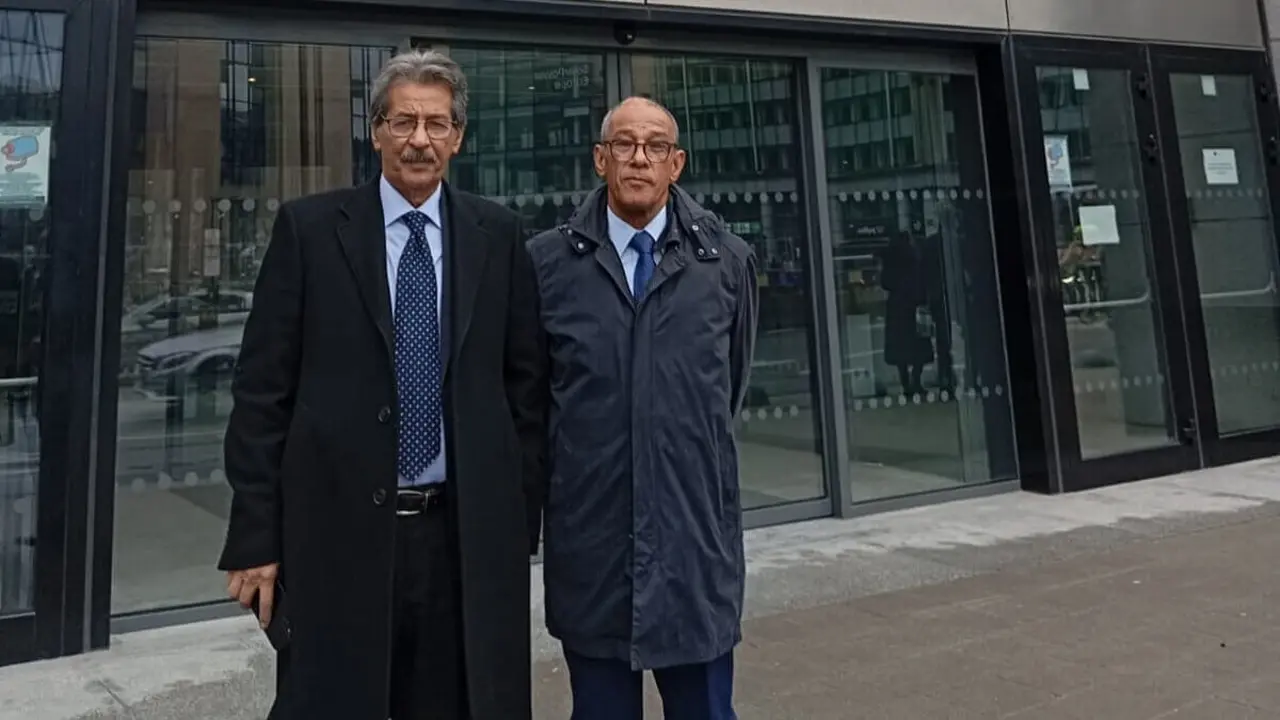Confirmada la Reunión de Alto Nivel entre Marruecos y España
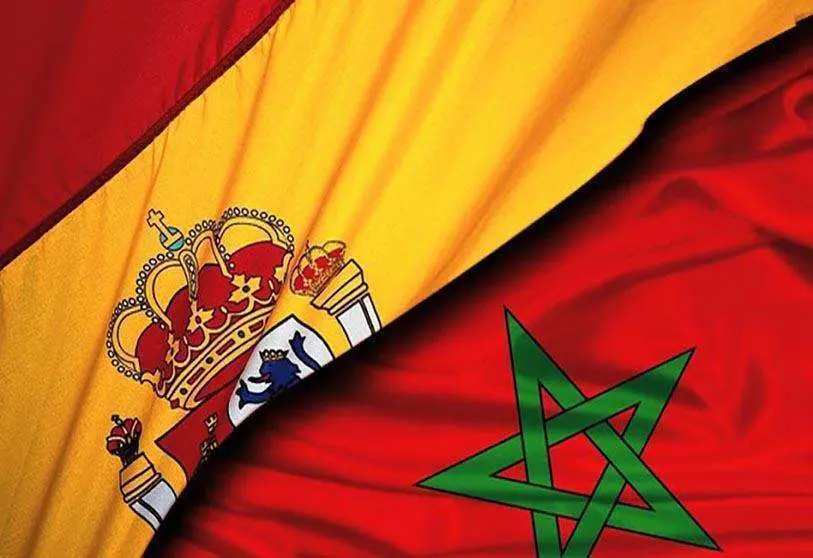
As Atalayar has learned from diplomatic sources, the High Level Meeting (HLM) between the Moroccan and Spanish governments will finally be held on 17 December in Rabat, despite the doubts and rumours that have been circulating about it recently.
Despite the deterioration in the bilateral climate between the Moroccan and Spanish governments caused by the second vice-president of the executive, Pablo Iglesias, the summit will take place. Although King Mohammed VI will not receive the Spanish prime minister, Pedro Sánchez.
According to Moroccan diplomatic sources, Pablo Iglesias is considered "unwelcome in Morocco, as are the members of his political team" in the political circles of the Moroccan capital.
At the root of the sudden cooling of relations is the message sent by the political leader through the social networks on the conflict in Western Sahara, which, by taking a stance in favour of the referendum on self-determination for the population of the former Spanish colony, has deeply irritated the Moroccan royal house, which has made the Saharan dispute "a matter of honour, sacred to all the citizens of the kingdom", as the Alaouite king stated in his last speech commemorating the Green March at the beginning of November.
However, contrary to what has been written lightly, Pablo Iglesias has not called for the organisation of a referendum on self-determination, but has simply reproduced part of the Resolution adopted by the UN Security Council in 1996, presented by the US representative to the UN, Madeleine Albright, on behalf of President Bill Clinton. Churches were thus careful not to break the discipline of the government, taking the words of a UN resolution. By contrast, his political movement, United We Can, which has explicitly called for the organisation of a referendum by the Sahrawi population, is not subject to the political discipline imposed by the coalition executive and can express its opinions freely.
The move carried out by Pablo Iglesias was not intended to win the sympathy of an electorate that is increasingly critical of the populist formation, but to torpedo the Spanish-Moroccan High Level Meeting. The forces behind the Iglesias party, and to whom its leader is directly or indirectly accountable, have an interest in ensuring that the relationship between the two guardians of the Straits of Gibraltar does not improve, and if possible even gets worse. This situation is reminiscent of the hidden manoeuvres that became apparent during the Spanish-Moroccan crisis triggered by the Moroccan intervention on the Perejil islet (Laila, for the southern neighbours), which ended with a Spanish military intervention.
Even so, the sabotage operation conducted by the number three in the government headed by the Socialist Pedro Sánchez was unsuccessful. However, unlike other critical situations that have arisen between the two countries in the past, this time the North African nation has not taken any "reprisals", as the media tend to describe them as hostile to good bilateral understanding, with respect to any measures taken.
This operation of confusion carried out by Pablo Iglesias coincides with a rise in false news and anti-Moroccan propaganda observed in certain Spanish media. It is attributed, anonymously of course, to the Moroccan regime from the sending of hundreds or thousands of undocumented immigrants, to drug trafficking and white slave trade; and even to the preparation of acts of military aggression against Spain. There is no shortage of supposed praise for Jihadist terrorism that the immigrants would sing on board their boats.
The question remains: who and why is interested in Spain and Morocco turning their backs on each other? Who benefits?


